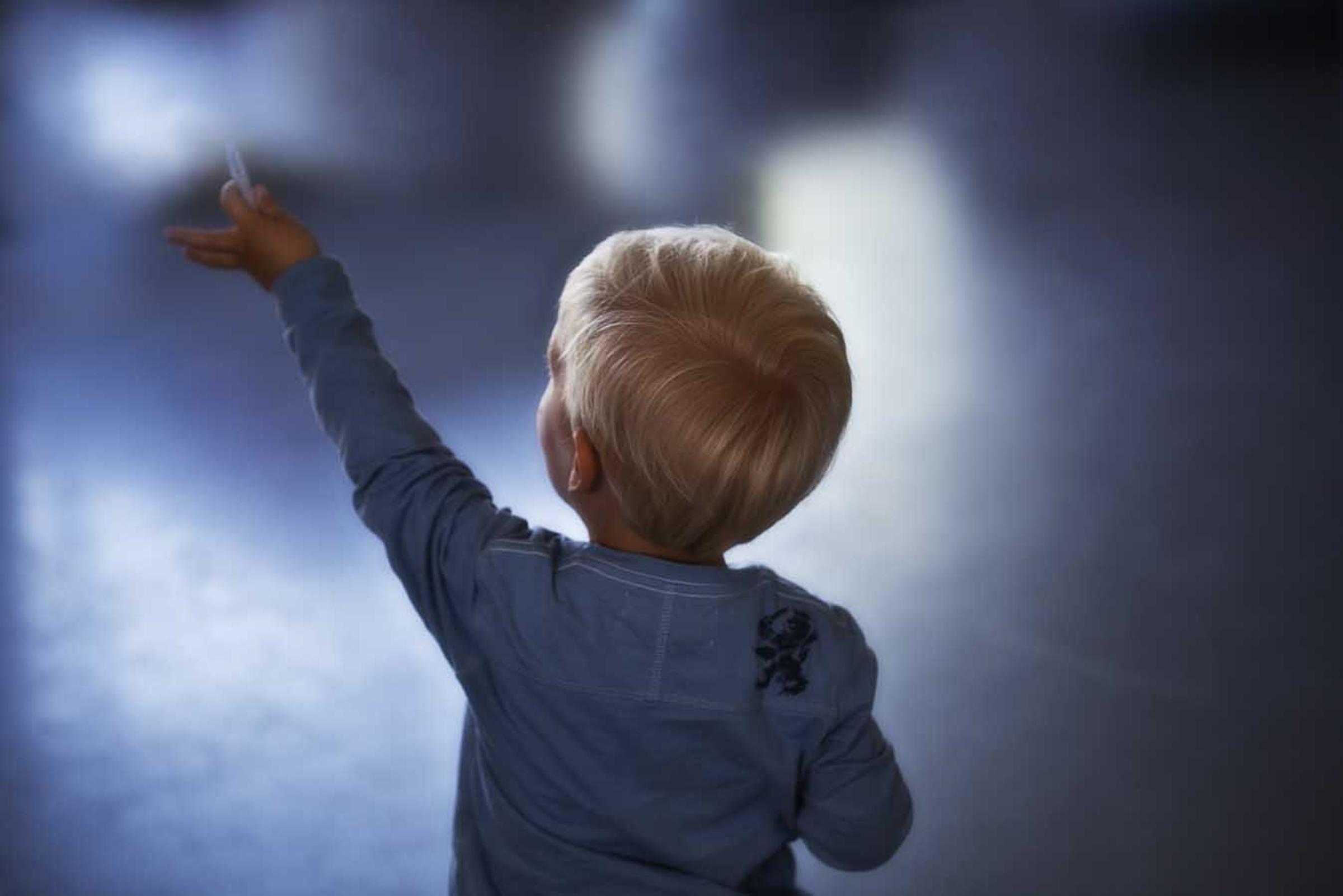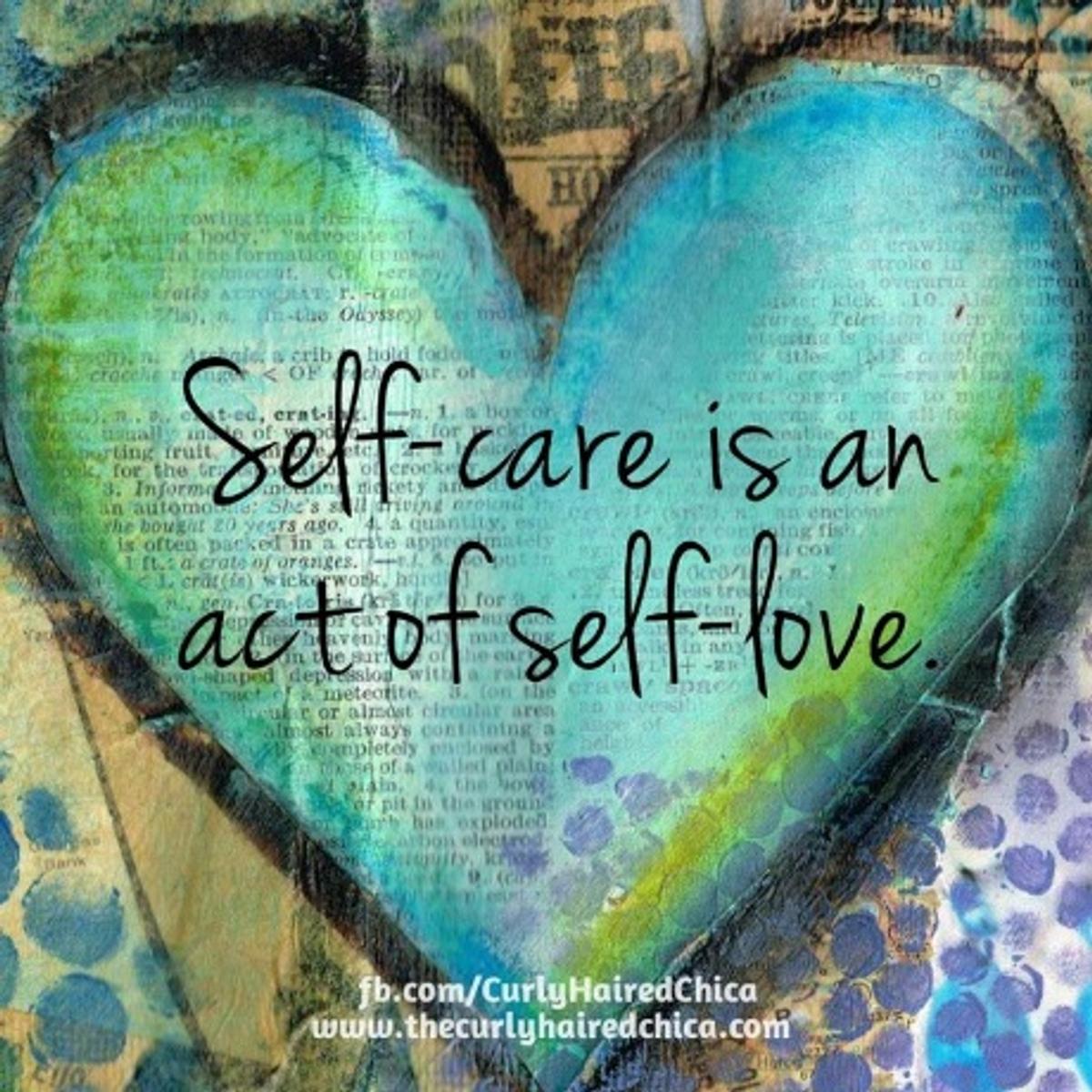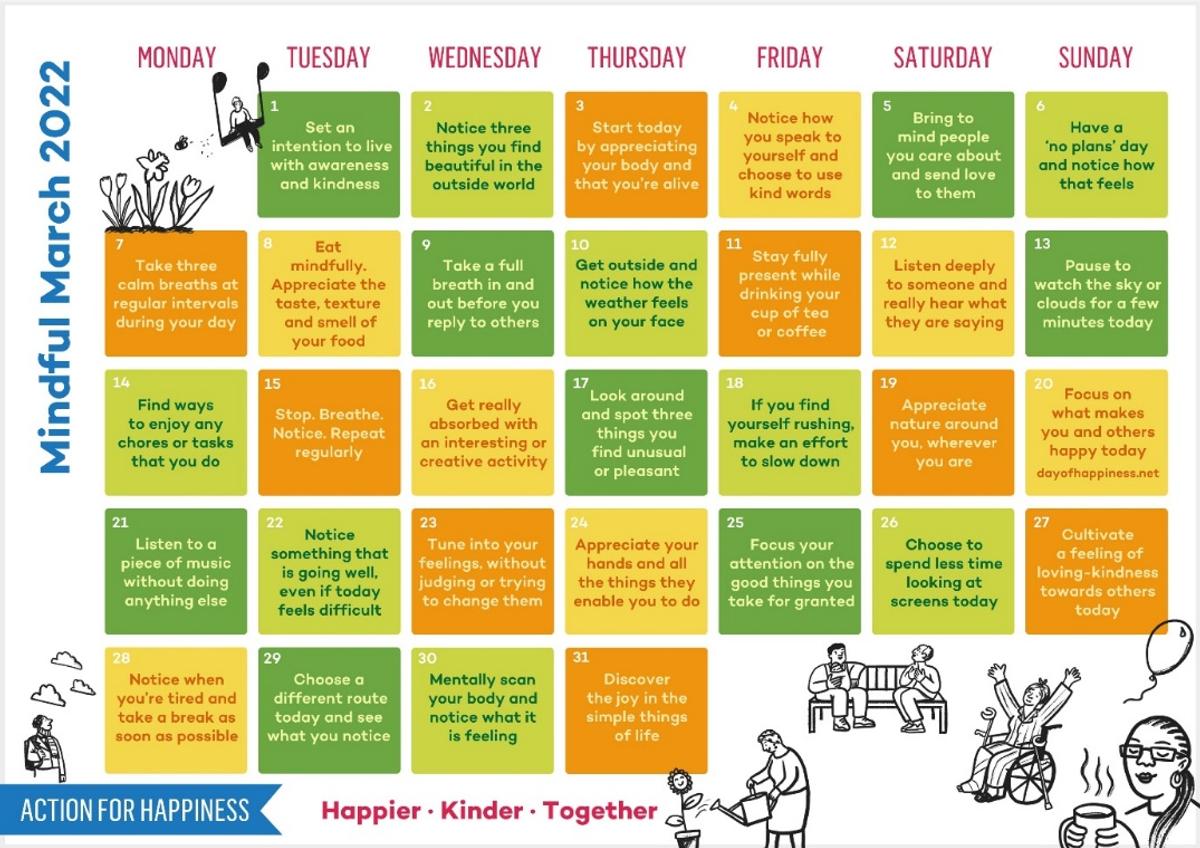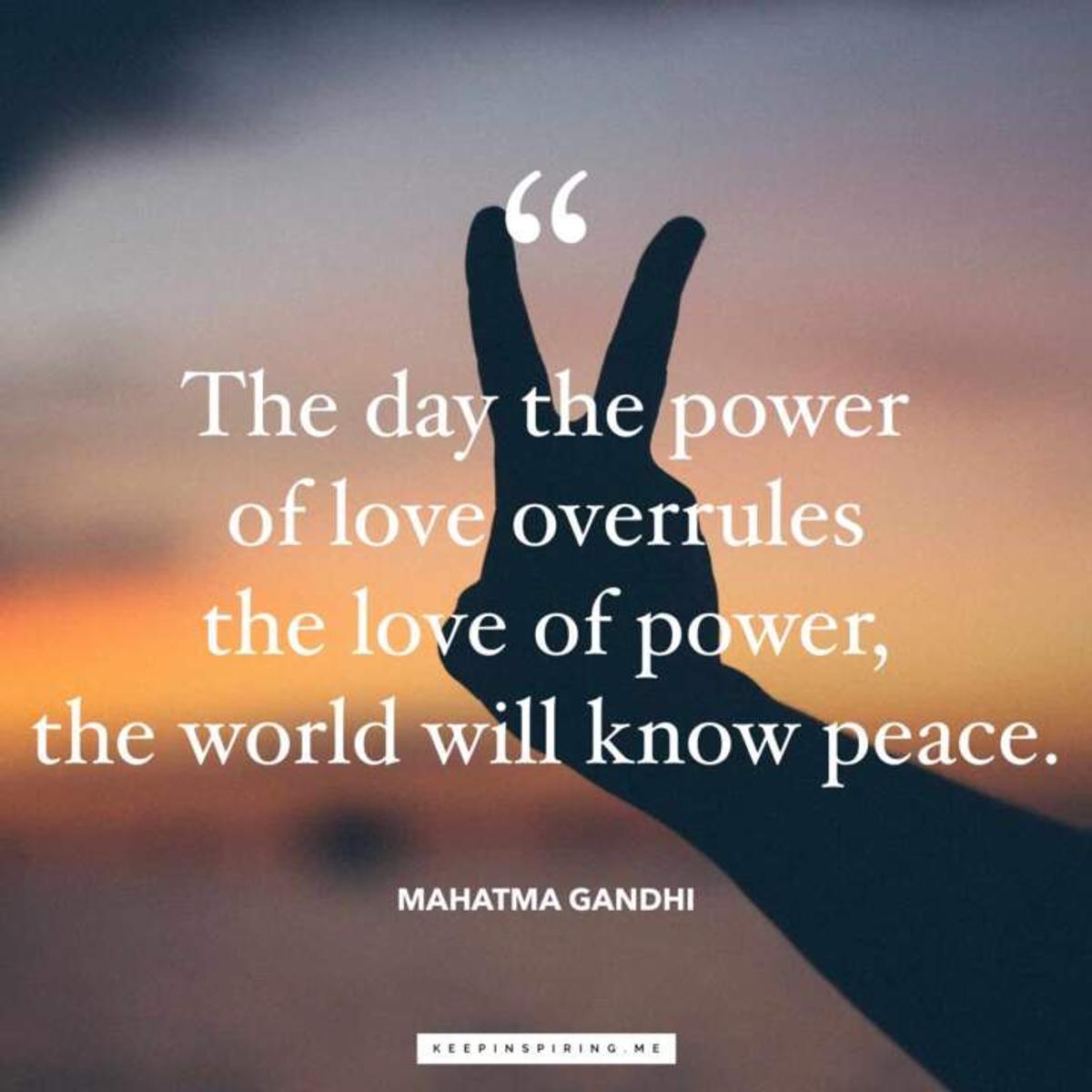Wellbeing

The Resilience Project
We are really looking forward to the Parent Webinar with Martin Heppell on Wednesday 23rd March, 6.30pm-8.00pm (90 minutes) AEDT.
Please note, this is a change of date.
Old Date: Thursday 24th March - Parent Presentation - Live Webinar with other schools
New Date: Wednesday 23rd March - Parent Presentation - Live Webinar with other schools
During this presentation, Martin will share his experiences and combine them with practical strategies that can be implemented everyday to improve our overall wellbeing.
Parents will need to register using the following registration link:
https://us02web.zoom.us/webinar/register/WN_gNTFI0MqTz2uy3yZEkFHdw
**Upon registration, registrants will receive a link to attend the webinar, along with a reminder the day prior.
Please note that the webinar will include parents from our Partnership Schools.
We are celebrating a picnic that night for Junior parents, so those parents will still get an opportunity to hear the presentation as we will share the link to the recording. The parents of the senior children may attend the webinar live.
Harmony Day
We will celebrate Harmony day at school on Monday 21st March. The children are encouraged to come to school dressed in traditional clothes to reflect their cultural background, or orange clothing the colour for Harmony day. Harmony Day celebrates and recognises diversity and inclusion throughout schools and the wider community. Harmony Week is about inclusiveness, respect and belonging for all Australians regardless of culture or linguistic background.
Why Orange?
Orange is the colour chosen to represent Harmony Week. Traditional, orange signifies social communication and meaningful conversations. It also relates to the freedom of ideas and encouragement of mutual respect. Students can choose to wear something orange during Harmony Week to show their support for cultural diversity and an inclusive Australia.
Our Cultural Diversity
Australia is a vibrant and multicultural country, from the oldest continuous culture of our first Australians to the culture of our newest arrivals from around the world. Our cultural diversity is one of the greatest strengths and is the heart of who we are. It makes Australia a great place to live. An integrated multicultural Australia is an integral part of our national identity.
Facts and Figure
Nearly half of Australians were born overseas.
Since 1945 more than 7.5 million people have migrated to Australia.
85% of people agree that multiculturalism has been good for Australia.
More than 70 Indigenous languages are spoken in Australia.
What can you do? Talk to your children about your family history and cultural background. Discuss the celebrations and traditions that are important to your culture.
BeYou
Self-care
In our current times of uncertainty, it can be a very stressful time for us all. It is important that we all practice some self-care and look after our own mental health and wellbeing. This week’s fact sheet from the BeYou website is about self-care.
Self-care
Self-care is a good way to manage stress
You need to practice self-care in a way that works for you.
Having said that, there are some common practices that most people find useful, including maintaining a healthy lifestyle by eating well, getting enough sleep and exercise, and cutting back on alcohol and drugs.
Some other strategies which you might find helpful in managing stress include:
- Monitor your stress- recognise your own signs of stress and identify situations you find difficult, so you can be pro-active about managing stress during these times.
- Learn how to manage your stress in positive ways- such as through exercise, relaxation, breathing, yoga, positive self-talk.
- Be aware of your thinking habits- challenge negative or unhelpful thoughts.
- Schedule ‘time out’ for yourself- pursue your hobbies or interests.
- Connect- foster and maintain your personal relationships. A sense of belonging and connection is important for your wellbeing.
- Relax- learn and use breathing techniques, progressive relaxation, visualisations or meditation to consciously relax your mind and body. Practice mindfulness by focusing your awareness on the present moment.
- Be mindful and self-aware- focus on how you are feeling and how you act, and the impact that can have on your colleagues and your students. Be supportive of others without passing judgement.
- Consider making specific times or days of the week for activities which support your wellbeing, so they become routine and are less likely to drop off at times of increased work demands or other competing priorities.
- Reflect- find a mentor through your workplace or professional networks to help you grow professionally. Take time to engage in reflective practices about your work and professional development.
- If you have spiritual beliefs, make time for regular spiritual practice, or relationships with others who share your philosophy.
Ask for support
If difficulties persist beyond a few weeks, seek additional support.
Reach out for support when you need it — from colleagues, friends, family, your GP, a psychologist, or an employee assistance program through your workplace.
Being comfortable to ask for and give support helps reduce the fear of stigma for help-seeking and is important in building a supportive culture at your school.
Parenting ideas: Schools website
As part of your school's membership with Parenting Ideas, all the parents and carers in the school community can attend webinars for parents at no cost. This year, you can listen to some of Australia's most respected parenting speakers and authors:
- Dr Justin Coulson
- Michael Grose
- Dr Jodi Richardson
- Michelle Mitchell
You can find out more about each webinar below.
For more information, see the attached flyer.
file:///P:/Staff%20Resource/STUDENT%20WELLBEING/2022/Resources/2022_Webinar_Program_for_Parents.pdf
Mindful March
Mindfulness can help us respond more calmly, even in dark times. With war returning to Europe, many of us are experiencing a complex mix of emotions, including fear and sadness as well as compassion and hope.This month we're encouraging you to pause, breathe and find ways to live more mindfully. Inner peace can contribute to outer peace too.
The Mindful March calendar is full of ideas to help you live with awareness and kindness this month. This is taken from the action for happiness website. https://actionforhappiness.org/
If you have any concerns about the wellbeing of your child, please do not hesitate to contact me, rlenko@sfslynbrook.catholic.edu.au
Rachel Lenko
Student Wellbeing Leader
ositive Quote for the Day




